“Former Manchester United Midfielder Slams Jose Mourinho Over His Treatment: ‘He Begged Me to Leave and Refused to Speak to Me’”
—
Mourinho’s Silence, Mkhitaryan’s Outcry: A Deep Dive into a Broken Relationship
In a startling revelation, ex-Manchester United midfielder Henrikh Mkhitaryan has openly condemned his relationship with then‑manager José Mourinho, branding the interaction not just difficult, but deeply disrespectful. According to the Armenian, Mourinho’s behavior went far beyond the usual manager‑player friction — entering into territory that was, in his words, “grotesque.”
—
Begging for Departure: The WhatsApp Campaign
Central to Mkhitaryan’s accusations is the claim that Mourinho repeatedly begged him to leave the club. It was not in boardroom meetings, public statements, or tactical discussions; it was in private messages.
“Every night,” Mkhitaryan says, Mourinho would send him WhatsApp texts pleading: “Miki, please go away.” It’s the kind of message nobody expects from a manager to a player — especially not one who had been signed with hope and expectations. These weren’t brief exchanges either. According to Mkhitaryan, they were regular, insistent, and deeply uncomfortable.
—
Silence in Training: A Chilling Atmosphere
The breakdown, however, wasn’t just in private digital messages. Mkhitaryan describes the training sessions under Mourinho as emotionally cold. He alleges that Mourinho “wouldn’t say anything to me. He was deathly silent.” This kind of silence from a manager can often speak louder than any words — a subtle but powerful form of exclusion.
Players thrive on feedback, even criticism. Training is where relationships are built, trust is earned and earned again, and where players know where they stand. To be ignored, to be given nothing — no tactical advice, no encouragement, no word on what needs to improve — can be profoundly destabilizing.
—
The Turning Point: Alexis Sánchez
Mkhitaryan claims that mid‑January marked a change. Previously, Mourinho’s messages had been consistent: “please go away.” Then, according to the Armenian, Mourinho shifted tone slightly, tying Mkhitaryan’s departure explicitly to bringing in Alexis Sánchez. Mkhitaryan quotes Mourinho as saying: “Miki, please go away so I can have Alexis Sánchez.”
That change in wording, the placing of one player as a precondition for another, makes the situation more mercenary — less about performance or attitude, more about transfers and reputations. It’s the kind of statement that suggests the player is merely chess‑piece fodder in a broader strategy, rather than a valued individual.
—
Mkhitaryan’s Response: Patience, Restraint, Resolution
That could have been the end of the story. But Mkhitaryan didn’t respond in kind. He didn’t lash out publicly at that moment. Instead, he stuck to a calm strategy: “I’ll find the right team, otherwise I’ll wait until the summer.”
For a player of his stature, that’s a delicate balancing act. Walking the tightrope between loyalty (to the club, to teammates), professional reputation, and self‑respect is rarely easy. But the Armenian held firm: he’d leave if a good opportunity came; if not, he would endure until the proper moment.
He also clearly communicated boundaries: when Mourinho escalated — again sending messages — Mkhitaryan told him to stop reaching out directly, to go through his agent, Mino Raiola, instead. In effect, he shut down the private channel, insisting that negotiations or requests be conducted through the formal, professional system.
—
Emotional Fallout: Hurt, Disbelief, and “Grotesque” Treatment
Mkhitaryan uses the word “grotesque” to describe the situation. It’s an unusual word in the sports‑world lexicon — rare in its bluntness. It suggests a distortion of what should have been a fair and respectful working relationship. It suggests ethical discomfort, emotional pain, and perhaps even humiliation.
To feel unwanted in your workplace is hard enough. To know someone in power is actively asking you to leave — repeatedly, in private — while simultaneously freezing you out in public or in training — that cuts deep. And when those behaviors belong to someone whose role is not only to manage your performance but your morale, the betrayal can sting even more.
—
The Bigger Picture: Power, Respect and the Modern Game
This isn’t just about one player and one manager. What Mkhitaryan describes raises broader questions about how power is used, about professional respect, and about how clubs handle internal discord.
Leadership style: Mourinho has long been known to be a strong‑willed, sometimes confrontational manager. But the difference between being tough and being dismissive, between pushing someone and essentially ostracizing them, can be wide. Where does one draw the line?
Mental and emotional welfare: In recent years, there’s been much more attention to how players are treated off the pitch. The psychological burden of being ignored, marginalized, or pressured in ways that feel personal can affect performance, well‑being, and even long‑term mental health.
Professional boundaries: When a manager uses private messages to press a player to leave, especially when that same player is in limbo at training, what does that say about transparency and fairness? Mkhitaryan insists he was clear that further communication should go through his agent — an acknowledgement that informal or personal pressure needs counterbalancing by formal representation.
—
What It Means for Mkhitaryan’s Legacy — and for Mourinho’s
For Mkhitaryan, speaking out as he has opens him to criticism — some may say he should have left quietly, or tried to fix things internally. But many will see this as a moment of courage: the decision to reveal what was happening behind closed doors so that others can understand.
His reputation among many fans will grow because honesty has power. Many supporters don’t like seeing players treated as disposable. And if Mkhitaryan’s claims are seen as credible — and they ring true in many people’s experiences of elite sport — then a lot of sympathy will rest with him.
What about Mourinho? His version of events will matter. Public perception may shift slightly: beyond tactical genius and winning or not, there’s a question around management of people, of relationships. This episode may lead to further scrutiny of how he treats players who fall out of favour, especially those who once were highly held.
—
Conclusion: A Cautionary Tale
Henrikh Mkhitaryan’s account of his time under José Mourinho is more than just football gossip; it’s a cautionary tale. It illustrates how quickly a relationship that begins in promise can deteriorate, how power obstacles can warp professional environments, and how vital dignity and communication are — both in silence and in words.
The story sends a message: even in the high‑stakes world of elite sport, human elements matter. Respect, clarity, honesty — these aren’t optional. When they break down, what remains is not glory or trophies, but regret and unresolved tension.
Now that Mkhitaryan has spoken, the football community has something to consider: what values do clubs want to uphold? How should players and managers treat each other when things go wrong? And how much silent treatment, private pleas, and emotional exile should any professional have to endure?
In the end, Mkhitaryan’s words do more than share his pain. They call for accountability — from clubs, from managers, from agents, and from ourselves.
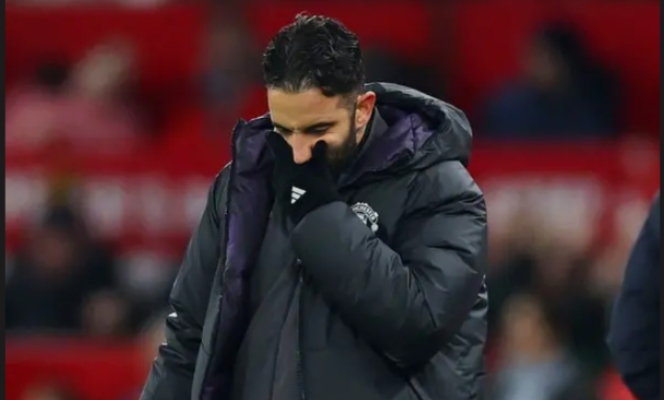
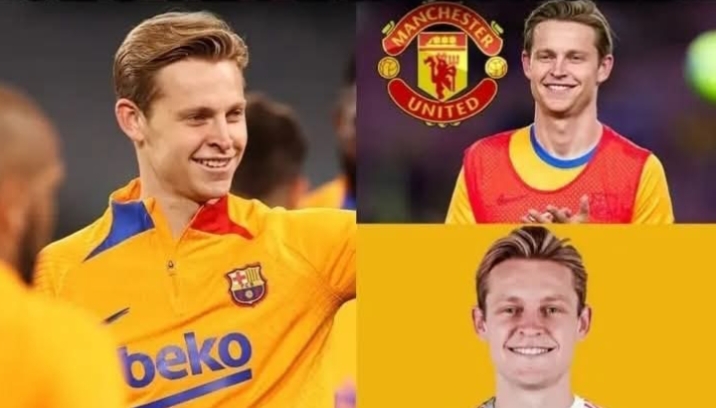
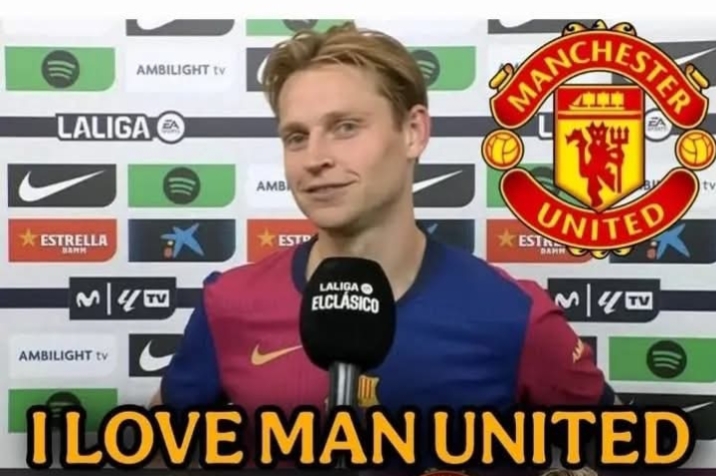
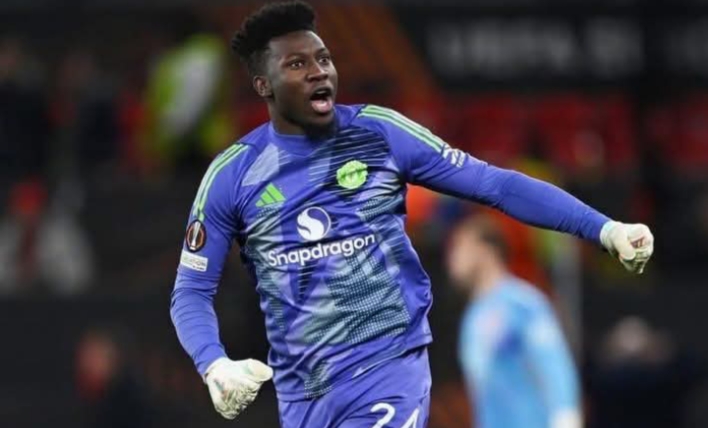
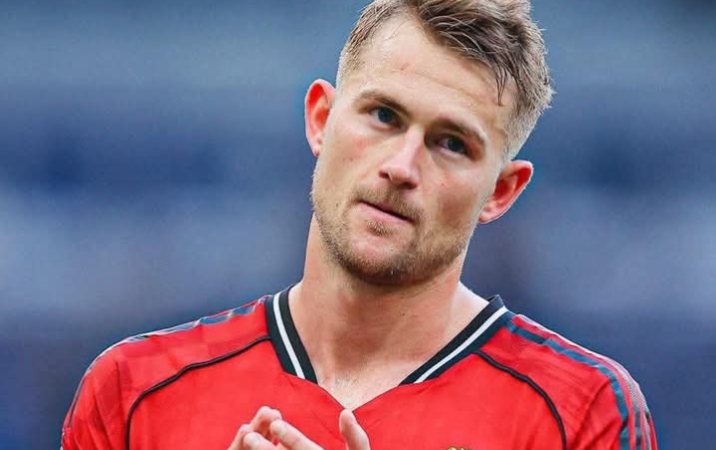
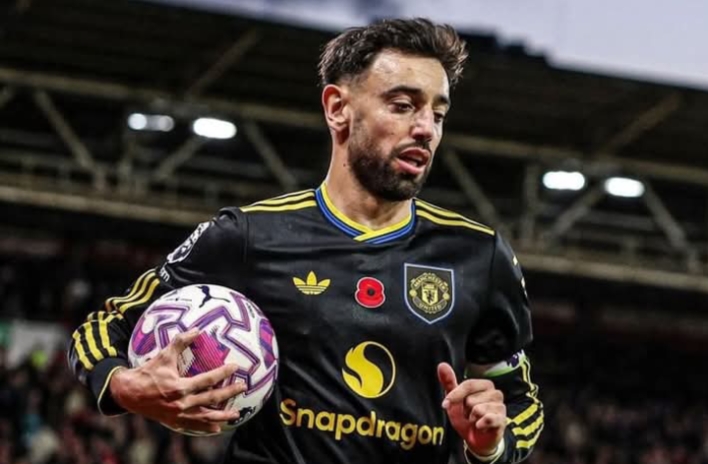
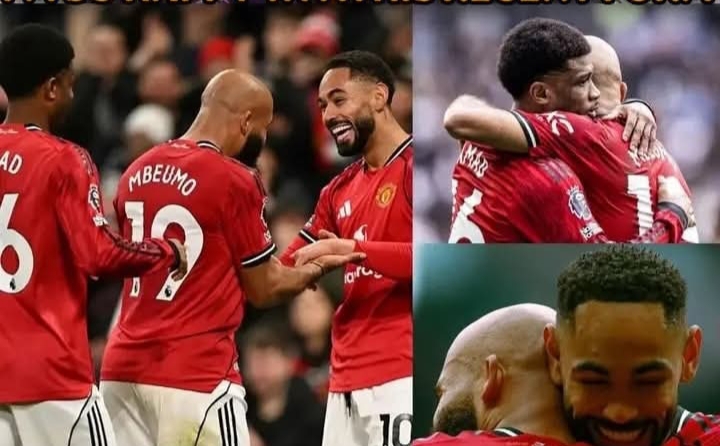
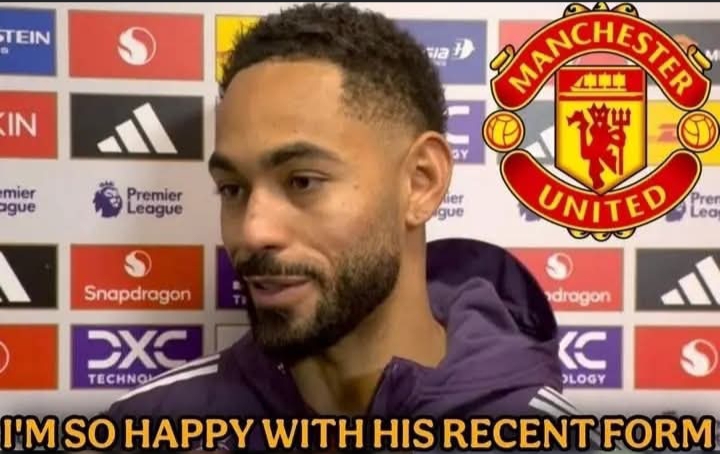

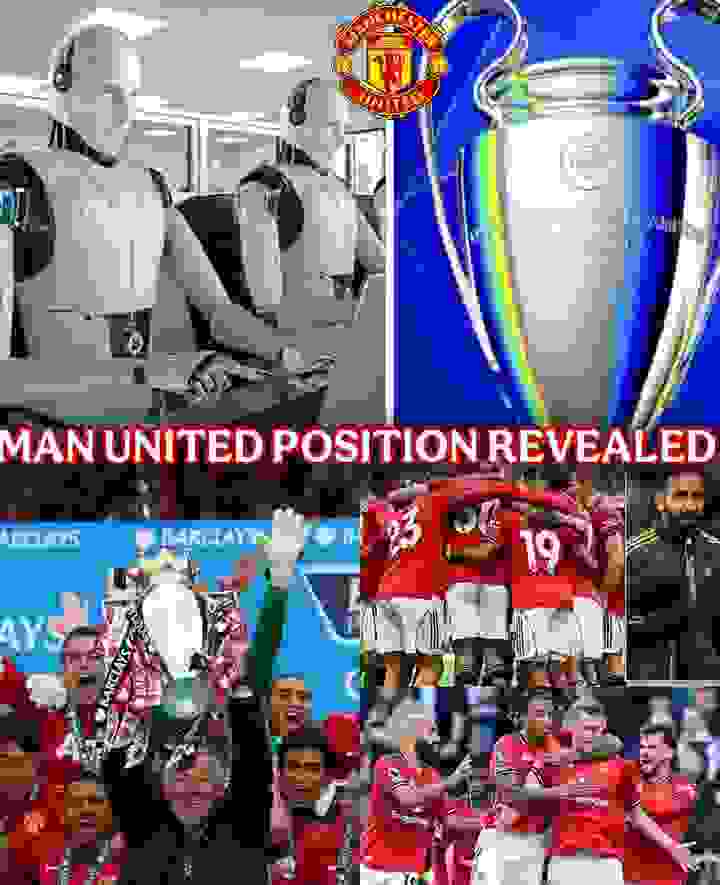
Leave a Reply